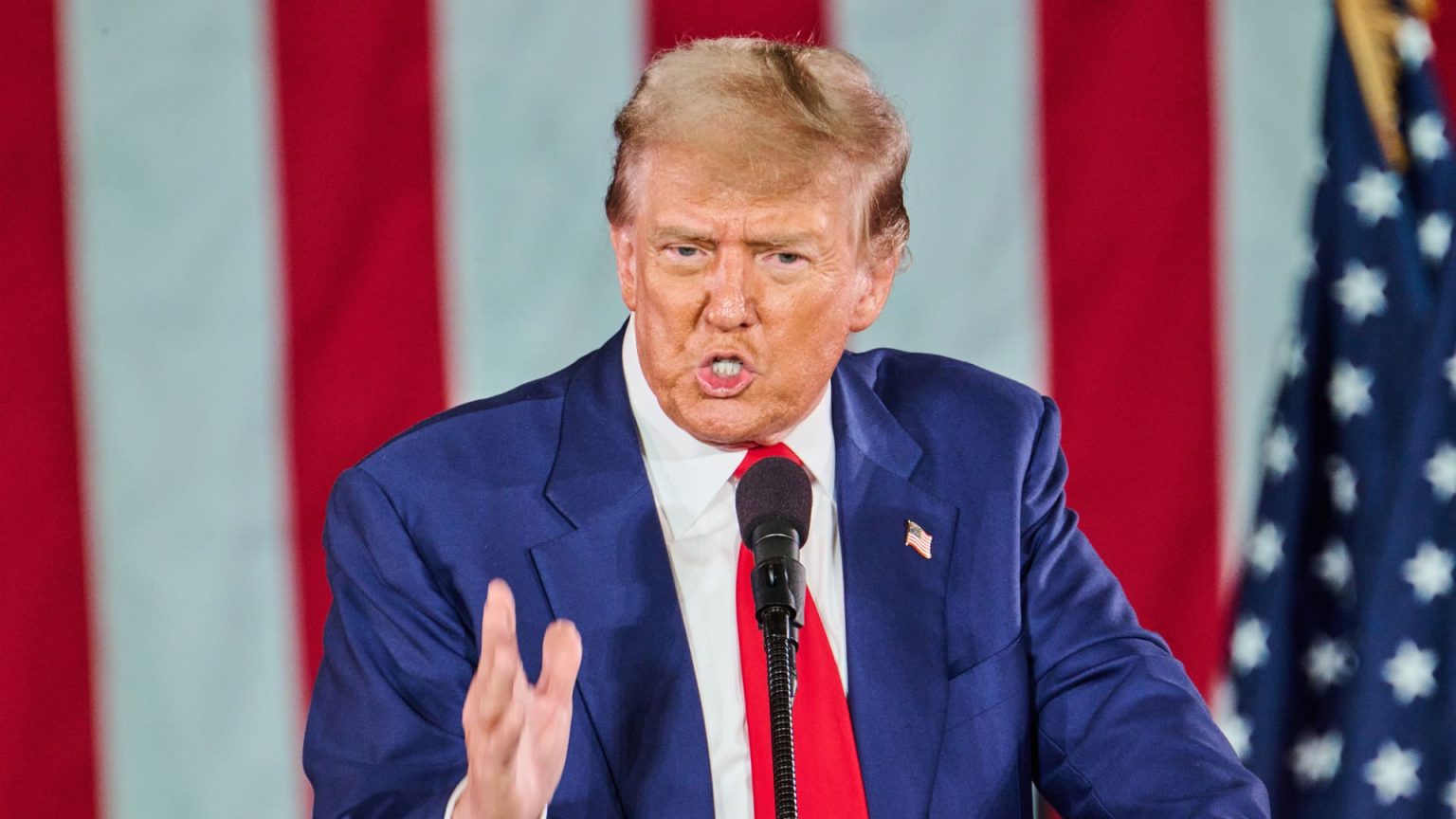The Trump campaign announced that it would start accepting cryptocurrency donations using Coinbase Commerce, positioning the move as a response to opposition to government control over financial markets. The campaign criticized President Joe Biden and Senator Elizabeth Warren for their negative stance on cryptocurrency, rallying MAGA supporters to donate in a new way in preparation for the November 5th election. This decision opens up the possibility of new funds for the Trump campaign, which is currently trailing behind Biden in cash on hand. The campaign plans to report these crypto donations as in-kind contributions, following FEC regulations.
This move by the Trump campaign is part of a series of efforts to appeal to the younger and more male demographic of the cryptocurrency community. Previously, Trump had sold limited NFT trading cards for cryptocurrency and hosted an exclusive dinner for NFT backers at Mar-a-Lago. At the dinner, Trump urged crypto supporters to vote for him, claiming that the Biden administration is against cryptocurrency. In contrast, Biden and his campaign have demonstrated skepticism towards cryptocurrency and its leaders, with a recent fundraising text warning supporters about Trump’s ties to cryptocurrency executives and oil barons.
While the Trump campaign touted itself as the first major party nominee to accept crypto donations, it should be noted that Trump is not the official nominee until July and is not the first candidate to do so. RFK Jr, an independent presidential candidate, announced in May 2023 that his campaign would accept bitcoin donations, and in 2015, Senator Rand Paul accepted bitcoin donations for his own presidential campaign. It remains to be seen how this decision will impact fundraising efforts for both the Trump and Biden campaigns, and whether it will resonate with voters who support or are involved in the cryptocurrency community.
The acceptance of cryptocurrency donations by the Trump campaign reflects a broader trend of political candidates engaging with the digital currency industry. As more individuals and businesses become involved in the cryptocurrency market, politicians are seeking to tap into this emerging donor base. By accepting crypto donations, campaigns can potentially reach a new segment of supporters and diversify their funding sources. However, this decision also raises questions about the regulation and oversight of crypto donations in the context of campaign finance laws, as the FEC will likely need to establish guidelines for reporting and disclosing these contributions.
Overall, the Trump campaign’s acceptance of cryptocurrency donations signifies a shift in fundraising tactics and a willingness to engage with emerging technology and financial trends. By embracing cryptocurrency, the campaign is positioning itself as forward-thinking and aligned with the interests of younger voters who are more likely to be involved in the digital currency market. This move may help the Trump campaign attract new donors and energize its base, while also drawing attention to the broader debate over the role of cryptocurrency in politics and society. As the 2024 election approaches, it will be interesting to see how other candidates respond to the growing influence of cryptocurrency and whether this trend will continue to shape campaign finance strategies in the future.


